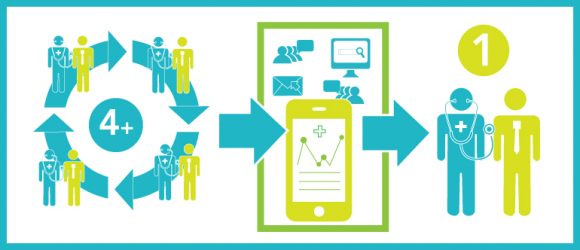Will Ebola Fears Propel Telemedicine Forward?

Telemedicine is not new, but we may be at the cusp of it taking a leading role in healthcare delivery. According to the American Telemedicine Association, the use of telemedicine originated forty years ago by hospitals extending care to remote areas. In one way or another, most patients’ care has involved some aspect of technologically enabled information exchange, but delivery of virtual healthcare service has been slow to go mainstream due to many reasons (including lack of infrastructure for billing and payer coverage). Recently, increasing numbers of forward-thinking providers have been embracing the benefits to their organizations and patients in integrating digital service. And, today, the convergence of ACA pressures, shortage of medical staffing and the growing public concern over transmission of diseases like enterovirus, flu — and now Ebola — may just be the perfect storm for emergence of telemedicine as a major component of healthcare.
We saw evidence of the rising tide earlier this week when Google confirmed its telehealth pilot in collaboration with two providers – One Medical Group and Scripps Health. In its practice, One Medical Group not only facilitates appointment scheduling and prescription fulfillment through an app, but also offers patients email access for follow up questions and virtual appointments for instances when face-to-face is not immediately needed and on-time appointments for when in-person appointments are necessary. According to Modern Healthcare, Deloitte estimates 75 million e-visits will take place in 2014. Kaiser Permanente was also cited for its foray in facilitating remote visits via technologically enabled kiosks. In fact, a recent Healthcare Dive article says the telemedicine market is poised to hit $43.4 billion by 2019.
Add to this momentum the fact that populations around the world are reaching near hysteria with fear of spread of virulent viruses like Ebola, enterovirus and dangerous strains of the flu. The potential for exponential spread of illness is pushing the envelope on innovation in healthcare delivery in all directions. Solutions enabling quick response and isolation are critical to patient treatment and security. Therefore, increased proactive planning and rapid deployment of telemedicine by hospitals, providers and payers may be more important than ever before. Those that lead in this area will quickly differentiate themselves for patient preference and peace of mind. Soon, it will undoubtedly be a routine expectation, if not a required protocol in healthcare service.









